
One of the most significant periods in God’s redemptive plan for humanity is the Dispensation of Law. This era is marked by the giving and the receiving of the Law at Mount Sinai and is based on the connection that God and the Israelites formed via Moses. This article will take us on a thorough exploration of the Dispensation of Law, including its fundamental ideas, important components, difficulties, and lasting significance.
According to dispensationalism, God communicates with people in many dispensations, each of which is characterized by a special set of divine mandates, obligations, and blessings. This paradigm aids in our understanding of God’s plan – progressively revealed throughout human history.
That in the dispensation of the fulness of times he might gather together in one all things in Christ, both which are in heaven, and which are on earth; even in him:
Ephesians 1:10.

The covenant made at Mount Sinai between God and the people of Israel is the source of the Dispensation of Law. The breathtaking event where God revealed His instructions to Moses while ascending a mountain covered in fire and smoke is described in Exodus 19:1-25. Every aspect of the Israelites’ communal existence was shaped by this covenantal agreement, which served as the cornerstone of their identity and government.
Exodus 19 “On the first day of the third month after the Israelites left Egypt—on that very day—they came to the Desert of Sinai. 2 After they set out from Rephidim, they entered the Desert of Sinai, and Israel camped there in the desert in front of the mountain.
Exodus 19:1-25.
3 Then Moses went up to God, and the Lord called to him from the mountain and said, “This is what you are to say to the descendants of Jacob and what you are to tell the people of Israel: 4 ‘You yourselves have seen what I did to Egypt, and how I carried you on eagles’ wings and brought you to myself. 5 Now if you obey me fully and keep my covenant, then out of all nations you will be my treasured possession. Although the whole earth is mine, 6 you[a] will be for me a kingdom of priests and a holy nation.’ These are the words you are to speak to the Israelites.”
7 So Moses went back and summoned the elders of the people and set before them all the words the Lord had commanded him to speak. 8 The people all responded together, “We will do everything the Lord has said.” So Moses brought their answer back to the Lord.
9 The Lord said to Moses, “I am going to come to you in a dense cloud so that the people will hear me speaking with you and will always put their trust in you.” Then Moses told the Lord what the people had said.
10 And the Lord said to Moses, “Go to the people and consecrate them today and tomorrow. Have them wash their clothes
11 and be ready by the third day, because on that day the Lord will come down on Mount Sinai in the sight of all the people. 12 Put limits for the people around the mountain and tell them, ‘Be careful that you do not approach the mountain or touch the foot of it. Whoever touches the mountain is to be put to death. 13 They are to be stoned or shot with arrows; not a hand is to be laid on them. No person or animal shall be permitted to live.’ Only when the ram’s horn sounds a long blast may they approach the mountain.”
14 After Moses had gone down the mountain to the people, he consecrated them, and they washed their clothes. 15 Then he said to the people, “Prepare yourselves for the third day. Abstain from sexual relations.”
16 On the morning of the third day there was thunder and lightning, with a thick cloud over the mountain, and a very loud trumpet blast. Everyone in the camp trembled. 17 Then Moses led the people out of the camp to meet with God, and they stood at the foot of the mountain. 18 Mount Sinai was covered with smoke, because the Lord descended on it in fire. The smoke billowed up from it like smoke from a furnace, and the whole mountain[b] trembled violently. 19 As the sound of the trumpet grew louder and louder, Moses spoke and the voice of God answered him.
20 The Lord descended to the top of Mount Sinai and called Moses to the top of the mountain. So Moses went up 21 and the Lord said to him, “Go down and warn the people so they do not force their way through to see the Lord and many of them perish. 22 Even the priests, who approach the Lord, must consecrate themselves, or the Lord will break out against them.”
23 Moses said to the Lord, “The people cannot come up Mount Sinai, because you yourself warned us, ‘Put limits around the mountain and set it apart as holy.’”
24 The Lord replied, “Go down and bring Aaron up with you. But the priests and the people must not force their way through to come up to the Lord, or he will break out against them.”
25 So Moses went down to the people and told them.”
Also Read: THE 7 DISPENSATIONS OF CREATION – THE AGE OF PROMISE
God gave Israelites the Ten Commandments to govern their worship and behaviour, which are the basics of the Dispensation of Law. These commandments, which are found in Exodus 20:1–17 and Deuteronomy 5:6–21, are guidelines that guide people’s interactions with God. These commandments, which range from the prohibition against idolatry to the requirement to respect one’s parents, are the pinnacle of divine justice and morality. (20:1–17 in Exodus; 5:6-21 in Deuteronomy).
“And God spoke all these words:
Exodus 20:1-17
2 “I am the Lord your God, who brought you out of Egypt, out of the land of slavery.
3 “You shall have no other gods before me.
4 “You shall not make for yourself an image in the form of anything in heaven above or on the earth beneath or in the waters below. 5 You shall not bow down to them or worship them; for I, the Lord your God, am a jealous God, punishing the children for the sin of the parents to the third and fourth generation of those who hate me, 6 but showing love to a thousand generations of those who love me and keep my commandments.
7 “You shall not misuse the name of the Lord your God, for the Lord will not hold anyone guiltless who misuses his name.
8 “Remember the Sabbath day by keeping it holy. 9 Six days you shall labor and do all your work, 10 but the seventh day is a sabbath to the Lord your God. On it you shall not do any work, neither you, nor your son or daughter, nor your male or female servant, nor your animals, nor any foreigner residing in your towns. 11 For in six days the Lord made the heavens and the earth, the sea, and all that is in them, but he rested on the seventh day. Therefore the Lord blessed the Sabbath day and made it holy.
12 “Honor your father and your mother, so that you may live long in the land the Lord your God is giving you.
13 “You shall not murder.
14 “You shall not commit adultery.
15 “You shall not steal.\
16 “You shall not give false testimony against your neighbour.
17 “You shall not covet your neighbour’s house. You shall not covet your neighbour’s wife, or his male or female servant, his ox or donkey, or anything that belongs to your neighbour.”

Apart from the laws included in the Ten Commandments, the Mosaic Law provided an all-encompassing legal structure that regulated every facet of Israelite life. This includes ceremonial rules that governed religious observances and rites, moral laws that defined personal ethics and purity, and civil laws that governed interpersonal interactions and societal conduct. These regulations, taken as a whole, shaped Israelite society and directed their relations with God and each other. (Leviticus, Numbers, Deuteronomy, Exodus 21–23).
The prophetic voice became apparent within the legal requirements of the Mosaic Law, serving as a clear summons to holiness and obedience. God sent prophets, including Isaiah, Jeremiah, and Ezekiel, to call Israel to obedience and repentance. These prophets challenged social inequalities, condemned idolatry, and demanded a restoration to be loyal by their words and deeds. Their prophetic ministry emphasized the unbreakable connection between God’s favour and keeping the Law. (Jeremiah 7:1–15; Ezekiel 18:30–32; Isaiah 1:10–20.
Although God’s instructions were clear and there were prophetic warnings, Israel frequently made mistakes when following the Law. The repeated cycles of disobedience, idolatry, and moral deterioration in Israel are documented in the pages of the Old Testament. Israel’s disobedience to the covenant led to divine retribution and exile, starting with the golden calf event in Exodus 32 and continuing through the reigns of evil kings detailed in the books of Kings and Chronicles. These shortcomings emphasized how prone humans are to sin and how dependent we are on God’s mercy to satisfy the moral demands of the Law. (Exodus 32; 2 Chronicles; 2 Kings)

Transition to the Dispensation of Grace:
As the end of the Dispensation of Law drew near, the way was cleared for a new covenant made possible by Jesus Christ. Jesus was the physical embodiment of the promises made by prophets like Isaiah and Jeremiah about the arrival of a Messiah. Jesus transcended the legalistic boundaries of the Mosaic Law to usher in a new period of grace by His atoning death on the cross and bodily resurrection. In his epistles, the apostle Paul clarifies this change, stating that Christians are now justified by faith in Christ and are no longer subject to the Law. (Jeremiah 31:31–34; Isaiah 53; Romans 3:21–31).
To sum up, biblical history’s grand narrative places great emphasis on the Dispensation of Law, which serves as a witness to God’s fidelity, humanity’s fallibility, and the redemptive arc of divine grace. We discover truths and eternal principles as we explore its depths, which provide light on God’s nature and His purpose for humanity.



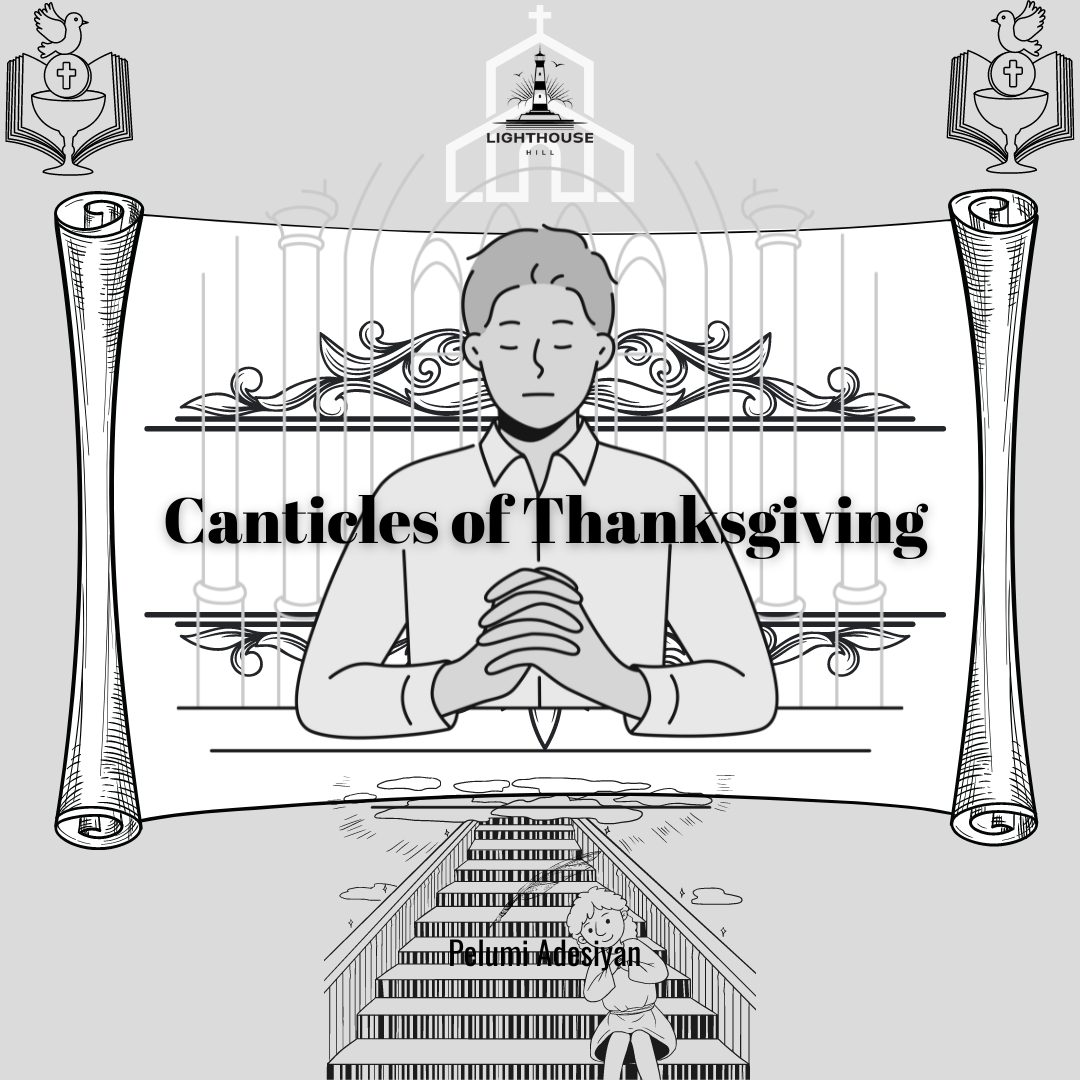


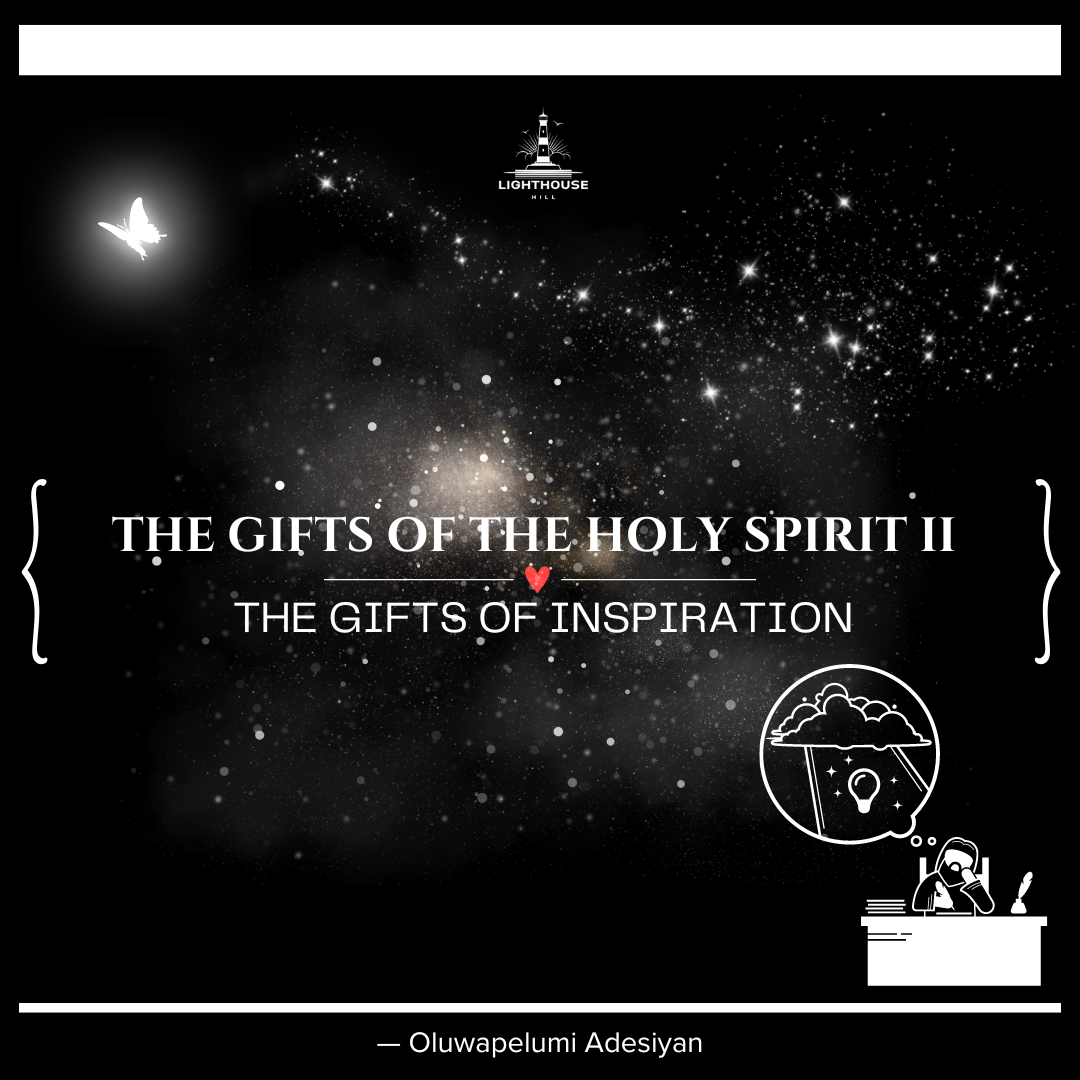
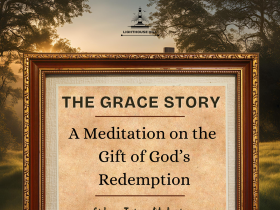

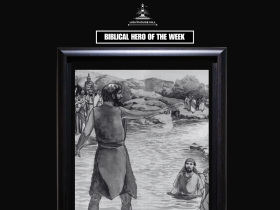
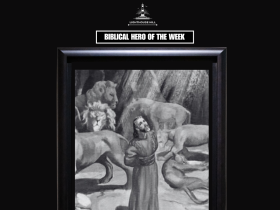
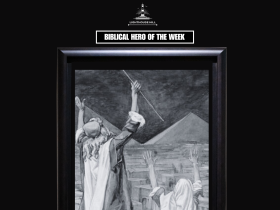

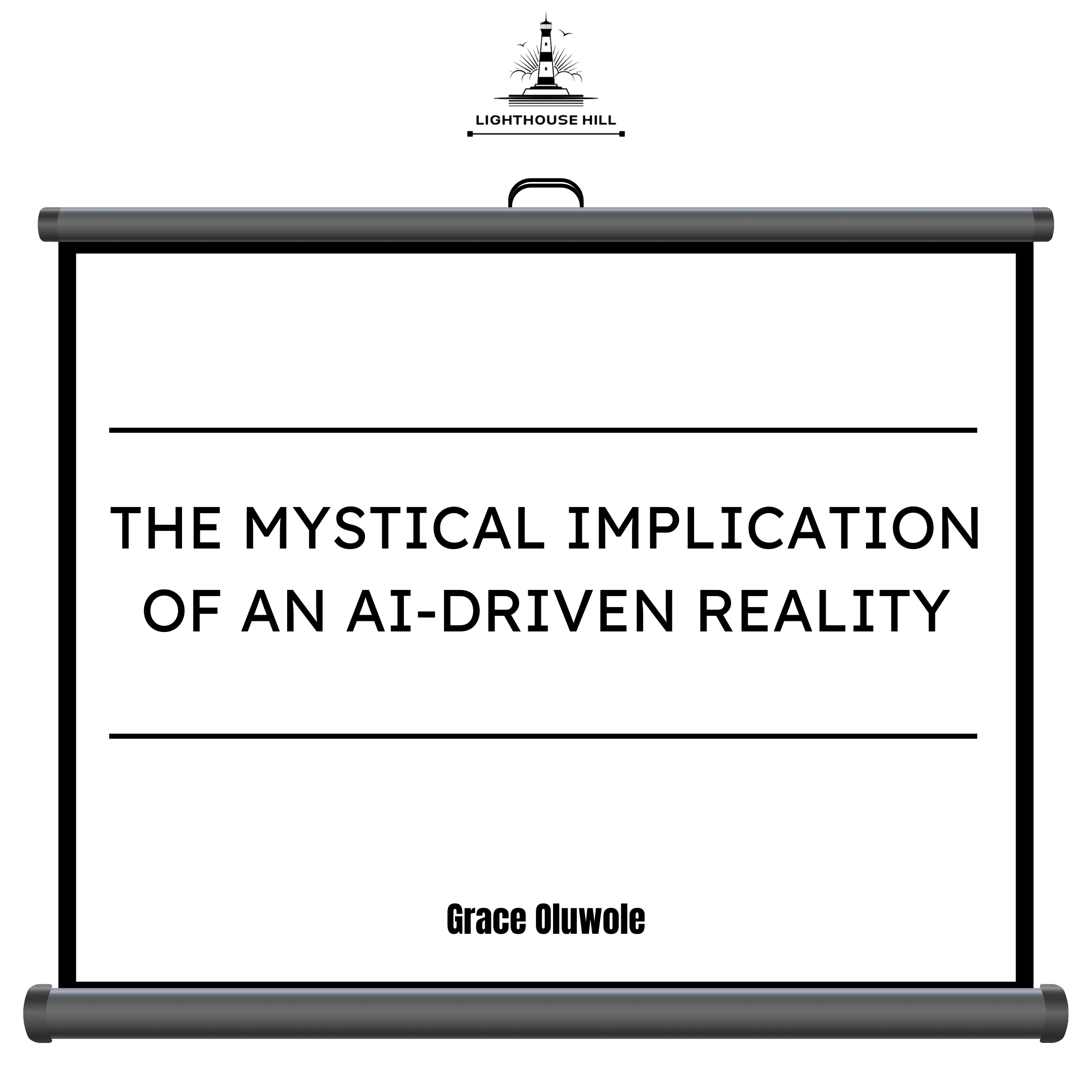
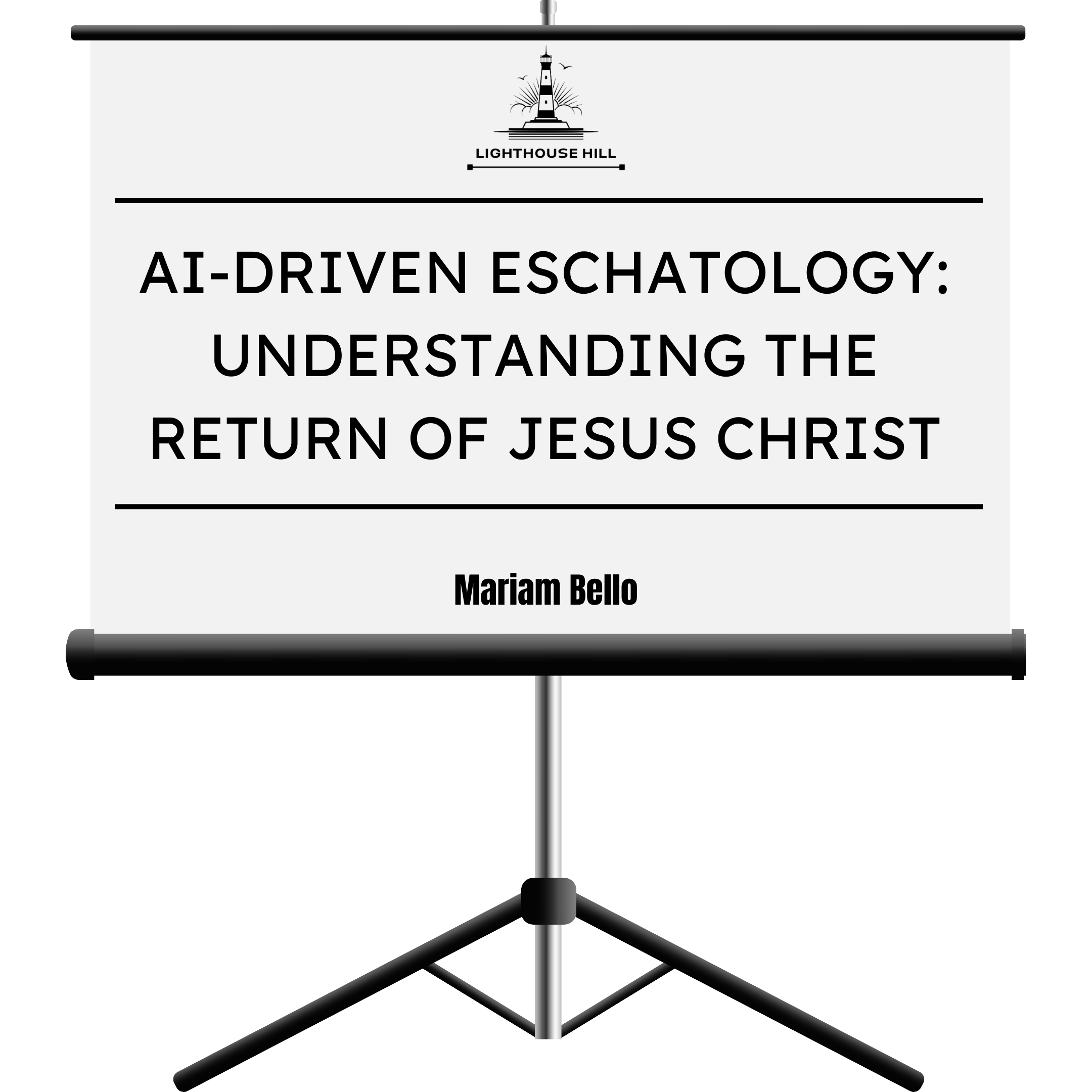

Leave a Reply
View Comments